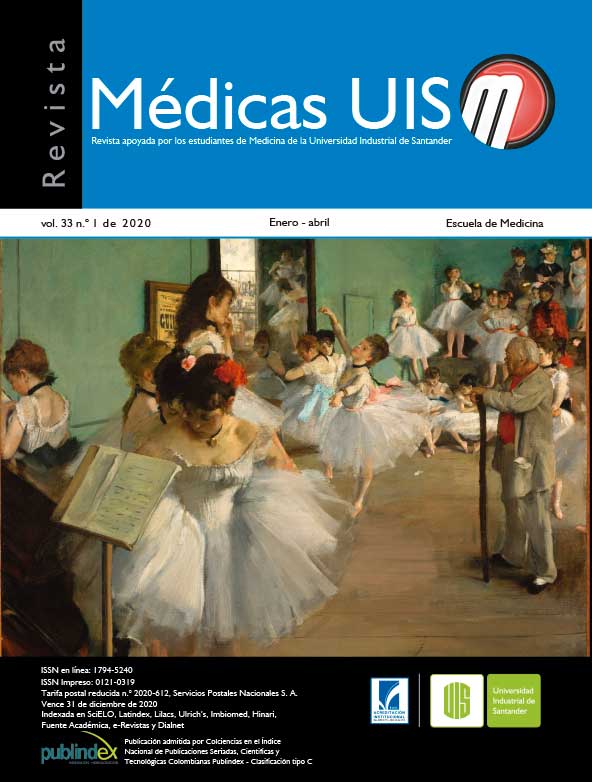Abstract
Ascariasis is the most common geohelminitiasis in the world. It is categorized as an unattended tropical disease, which can cause pulmonary, gastrointestinal, hepatobiliary and nutritional compromise. We present the unusual case of an infant from an extreme poverty area presenting fever, vomiting, absence of bowel movements, bloating and abdominal pain. She was diagnosed with intestinal pseudoobstruction, severe malnutrition, abdominal septic shock, neurodevelopmental delay and emotional deprivation. Theimages reported hepatobiliary ascariasis and calcified and abscessed hepatic granulomas, with severe infestation by Ascaris lumbricoides and Trichuris trichiura. She was treated with antibiotics and ntiparasitic agents with successful recovery. In our environment, helminth infections are a frequent cause of anemia, stunting and neurodevelopmental delay in school-age children.
However, infestation and hepatobiliary complications such as cholangitis, cholecystitis, pancreatitis, biliary lithiasis and hepatic abscess are unusual in children under two years old. Through this case, it is intended to highlight the atypical presentation of this disease at the age of this patient and encourage the strengthening of public health interventions. MÉD.UIS.2020;33(1):67-72.
